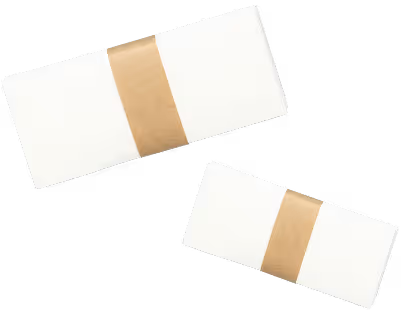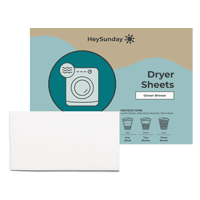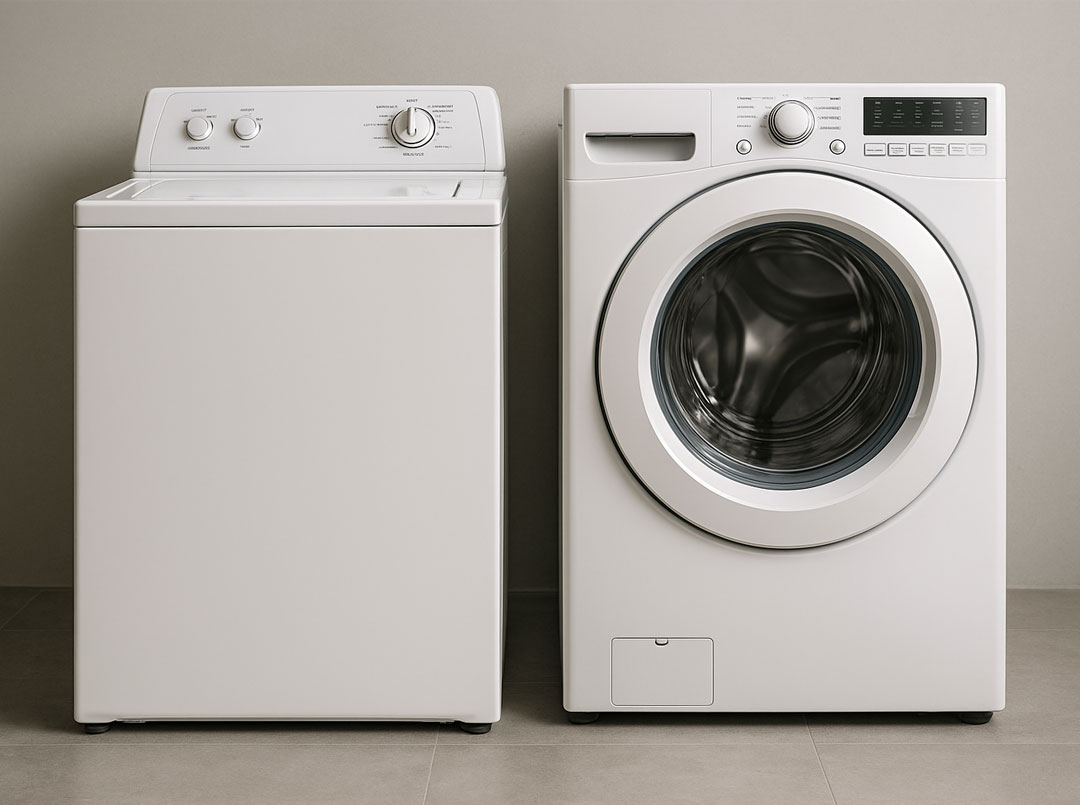
Front Load vs Top Load Washer: Which Is Better for Your Family (and the Planet)?
You’re in the market for a new washing machine and you’ve got a big decision to make: should you go with a front load or top load washer?
It’s not just about which one looks sleeker in your laundry room. The right washer can help your family save money, time, and even water to reduce your environmental footprint.
If you’ve been trying to figure out which type of washer is the most energy-efficient, family-friendly, and eco-conscious, we’ve done the homework for you. Let’s break down how each washer works, how they differ in cost and performance, and why your detergent choice plays a big part in how efficiently your machine runs.
Front Load Washers: How They Work and Why People Love Them
Front load washers clean your clothes using a horizontal tumbling drum that gently lifts and drops fabrics through a small amount of water. Instead of relying on a central agitator, they use gravity and movement to remove dirt more efficiently.
This simple mechanical shift makes a big difference in both cleaning power and sustainability. Front loaders are known for using far less water, handling large loads more effectively, and keeping energy costs low.
Here’s why so many families love them:
Before you buy, it helps to understand what makes front loaders stand out.
- They use less water. Most front load models average about 13 gallons per load, compared to roughly 25 gallons for a standard top loader (according to Energy Star). That difference adds up to thousands of gallons saved each year for the average family.
- They’re energy-efficient. Because front loaders use less water, they also need less energy to heat it. Lower energy use means smaller utility bills and a lighter environmental impact.
- They can clean better and treat fabrics gently. The tumbling motion is thorough yet soft, so your clothes come out cleaner and last longer.
- They’re quieter than you might expect. Front load washers typically vibrate less, making them a better choice for homes where the laundry area is near bedrooms or living spaces.
Of course, even great designs have their quirks. Front loaders tend to have longer wash cycles and need regular cleaning around the rubber door seal to prevent musty odors. The good news is that these small maintenance steps go a long way.
If you’re using residue-free laundry detergent sheets, you’re already ahead of the game. They dissolve completely in any temperature, so they won’t leave buildup that contributes to odor or mold, keeping your washer cleaner for longer.
Top Load Washers: Classic Design, Modern Upgrades
Top load washers open from above and use either an agitator (a tall spindle that moves clothes through water) or an impeller plate (a low-profile disk that spins and sprays water). For many families, the convenience of loading laundry without bending down is reason enough to stick with this design.
But top load washers have also evolved. Newer impeller models are far more efficient and gentler on fabrics than the older agitator styles, giving you a nice blend of power and practicality.
Here’s what families appreciate most about modern top loaders:
Unlike front loaders, top load washers prioritize ease and speed. For busy households, that can be a huge advantage.
- They’re faster. Most top load washers have shorter cycle times, which can make a big difference when you’re doing multiple loads in a single day.
- They’re easier to load and unload. No bending or crouching required. This can be especially helpful for families with young children or older adults.
- They have fewer odor issues. Because top loaders don’t seal completely between cycles, air can circulate and prevent moisture buildup that leads to mildew.
- They’re simple to maintain. With fewer parts that need attention, top loaders typically require less upkeep over time.
The trade-off is water and energy use. Even high-efficiency top loaders generally consume more water than front loaders. If your household prioritizes eco-efficiency over speed, this is worth weighing carefully.
Eco-Efficiency Showdown: Water, Energy, and Cost Over Time
When it comes to sustainability, it helps to look at the numbers. Front loaders usually win the water and energy categories, but modern top loaders have narrowed the gap considerably.
Here’s how the two compare based on average household usage and Energy Star data.
The EPA’s WaterSense program reports that front load washers can reduce water use by up to 40% compared to older top load models. Over time, that’s a meaningful difference for both your utility bills and the planet.
Maintenance and Longevity: Keeping Your Washer Running Efficiently
No matter which washer you choose, a little care goes a long way. Regular maintenance keeps your machine working efficiently and helps it last longer.
Let’s talk about the basics of keeping your washer in top shape.
- Clean it monthly. Run a hot cycle with baking soda or vinegar to remove buildup and freshen the drum.
- Wipe down seals and surfaces. For front loaders, pay attention to the rubber door gasket where moisture collects.
- Leave the door open after each load. Letting air circulate helps prevent odors and mildew.
- Use a residue-free detergent. HeySunday’s detergent sheets are designed to dissolve fully without leaving residue, so your washer stays cleaner and runs more efficiently.
A clean washer not only performs better but also extends its lifespan—reducing waste and saving you from replacing it sooner than necessary.
Which Washer Wins? Our Verdict for Eco-Conscious Families
If sustainability and long-term savings are your priorities, front load washers are the clear eco-winner. They use less water, require less energy, and generally offer better cleaning results with less detergent.
If your family values simplicity, speed, and lower maintenance, a modern top load washer might be the better fit.
The best part? Both styles work perfectly with HeySunday laundry detergent sheets, giving you powerful cleaning performance in an eco-friendly, mess-free format.
FAQ: Common Questions About Front and Top Load Washers
Are front load washers really more energy efficient?
Yes. Because they use less water and spin faster, front loaders require less energy for washing and drying combined.
Do top load washers use more water?
They do, though newer impeller-style models are closing the gap. On average, front loaders still use about half as much water.
Which washer lasts longer?
Front load washers tend to last around 10 to 12 years with proper care, while top load washers average 8 to 10 years.
Do front load washers get moldy?
They can, but regular cleaning and using a residue-free detergent prevent most issues. Keep the door open between cycles to let it air dry.
Do I need special detergent for HE washers?
Yes. Always use HE (high-efficiency) detergent designed for low-water machines. HeySunday detergent sheets are HE-certified, safe for both washer types, and gentle on fabrics.














“My sheets have never felt cleaner. I’m hooked.”
“Finally — detergent that actually works and doesn’t take up half the shelf.”
“Hey Sunday WORKS. Great for stains, and no buildup in the washer.”
“We switched from liquid. The scent is amazing and it saves us money.”
“I’ve got total control with HeySunday. I’ll never go back to powder.”